Cooking at home is more than just a means to an end; it’s an art form and a way to express love and creativity. But for many, stepping into the kitchen can feel overwhelming. The key to unlocking your culinary potential lies in mastering a few fundamental skills that form the foundation of cooking.
Whether you’re a beginner or looking to refine your techniques, having a grasp on these essentials will not only boost your confidence but transform your meals into delightful experiences. So grab your apron, and let’s explore six skills every home cook should have in their arsenal.
1. Knife Skills
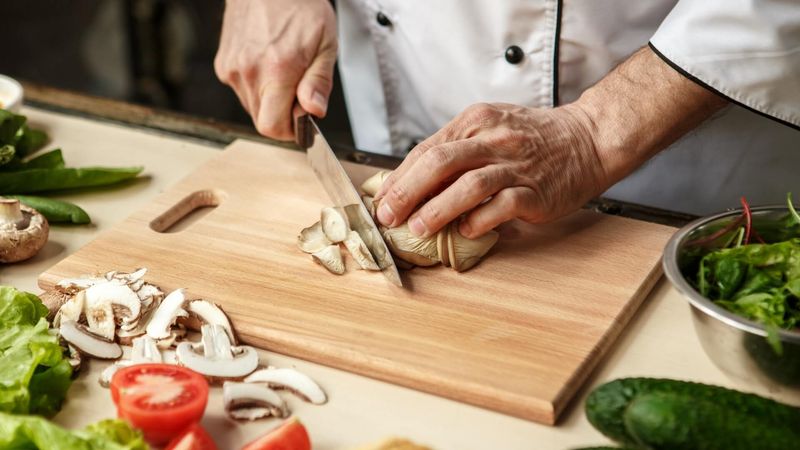
The foundation of any good meal often starts with excellent knife skills. Imagine slicing through a tomato without squishing it or dicing an onion with tears of joy, not frustration. Mastering knife techniques not only improves efficiency but also enhances the presentation of your dishes.
Practicing different cuts, like julienne or chiffonade, can make your cooking more versatile. Keeping your knives sharp is just as crucial; a dull knife is more dangerous than a sharp one.
A little practice goes a long way in making meal prep smoother and more enjoyable.
2. Seasoning Mastery
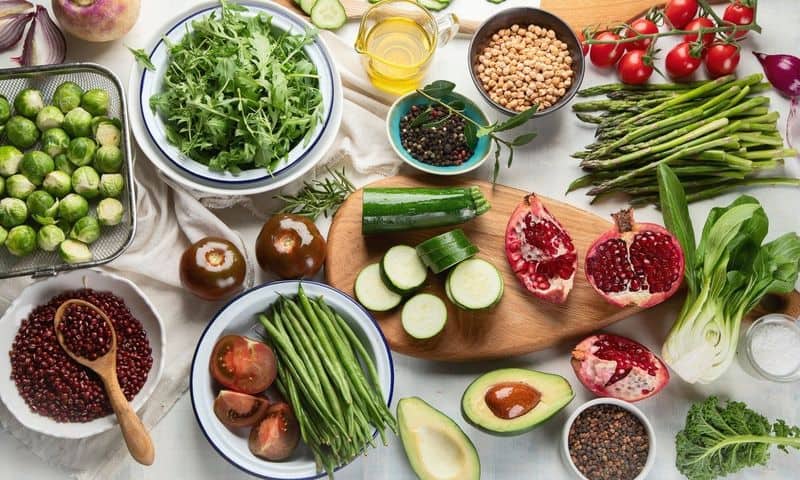
Seasoning can make or break a dish, turning something bland into a masterpiece. Understanding how to balance flavors with salt, pepper, herbs, and spices is critical.
Experimenting with different seasonings can elevate your dishes, adding depth and complexity. It’s about knowing when to add a pinch of salt or a dash of cumin.
Tasting as you go will help you learn which flavors work together. Seasoning is the secret ingredient that brings a dish to life.
3. Cooking Techniques
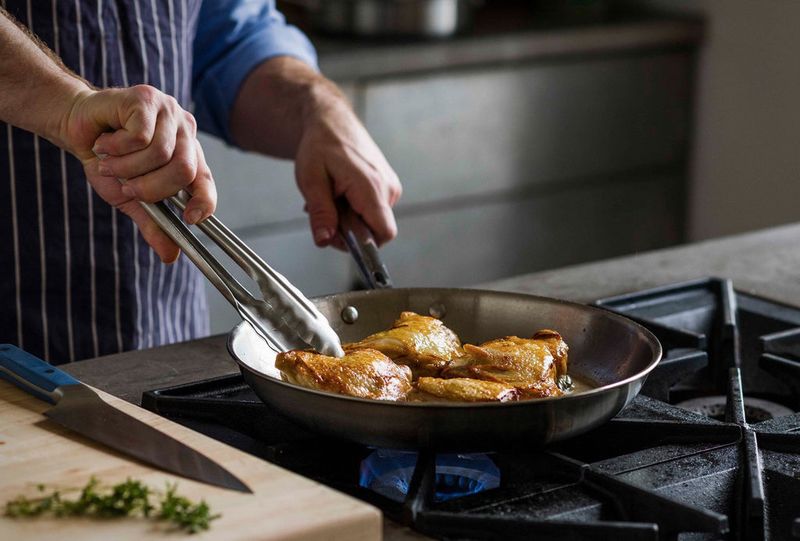
Understanding different cooking techniques opens a world of culinary possibilities. From sautéing to roasting, each method brings out unique textures and flavors.
Knowing how to use these techniques allows you to control the final taste and texture of your dish. The gentle simmer of a stew or the crispy sear of a steak maximizes flavor.
Experimenting with various methods will grow your skills and confidence in the kitchen.
4. Baking Basics
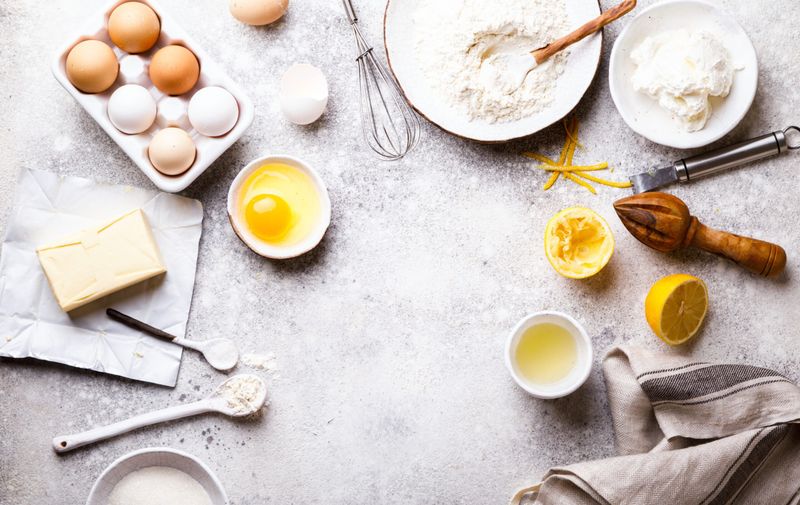
Baking is a science as much as an art. Precision is key, as the right measurements can lead to perfect cakes and pastries.
Understanding the role of each ingredient will help you bake with confidence. Whether it’s the rise of bread or the crumble of a pie crust, each element has its purpose.
Following recipes closely but also allowing room for creativity makes baking an exciting adventure.
5. Time Management
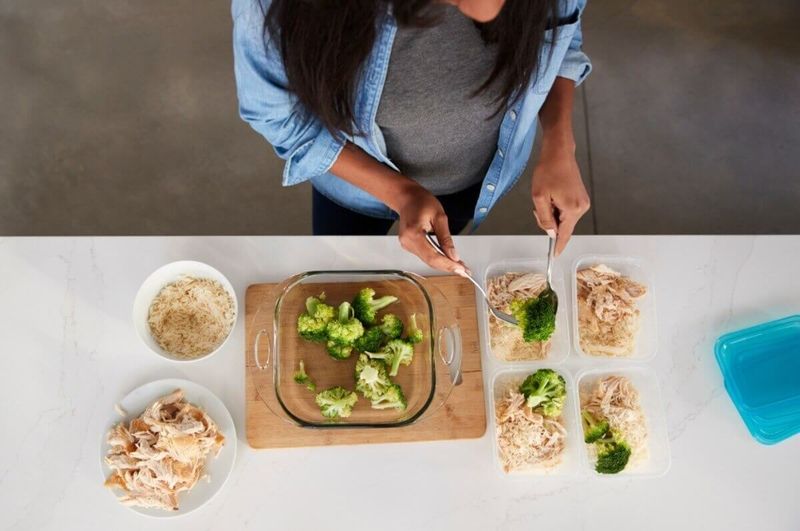
Juggling multiple dishes? Time management is your best friend. Planning and organizing your cooking process can save you from chaos.
Understanding the cooking times for various ingredients ensures everything is ready when it should be. Prepping ingredients in advance helps maintain a smooth workflow.
Efficient time management leads to stress-free and enjoyable cooking experiences.
6. Food Safety
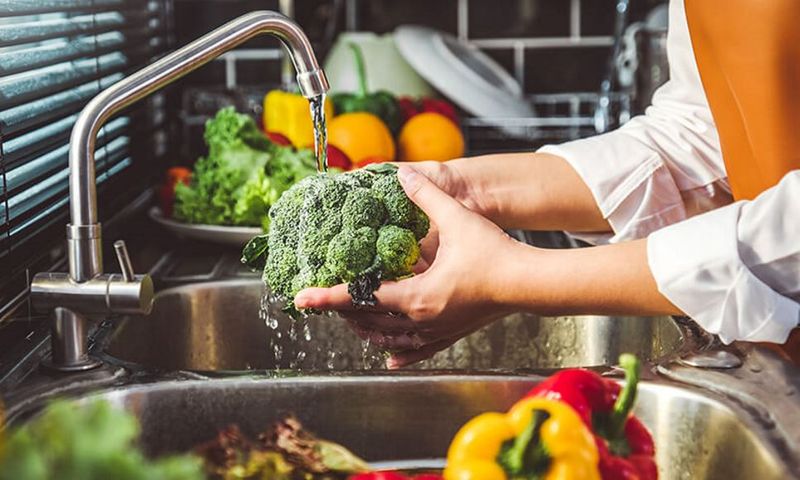
Food safety is often overlooked but essential. Proper hygiene and storage prevent illnesses and make meals healthier.
Understanding how to handle raw ingredients and keep your kitchen clean is crucial. Washing hands and sanitizing surfaces will keep harmful bacteria at bay.
Being mindful of food safety practices ensures peace of mind and delicious meals every time.

Well, hello there!
My name is Jennifer. Besides being an orthodontist, I am a mother to 3 playful boys. In this motherhood journey, I can say I will never know everything. That’s why I always strive to read a lot, and that’s why I started writing about all the smithereens I came across so that you can have everything in one place! Enjoy and stay positive; you’ve got this!

